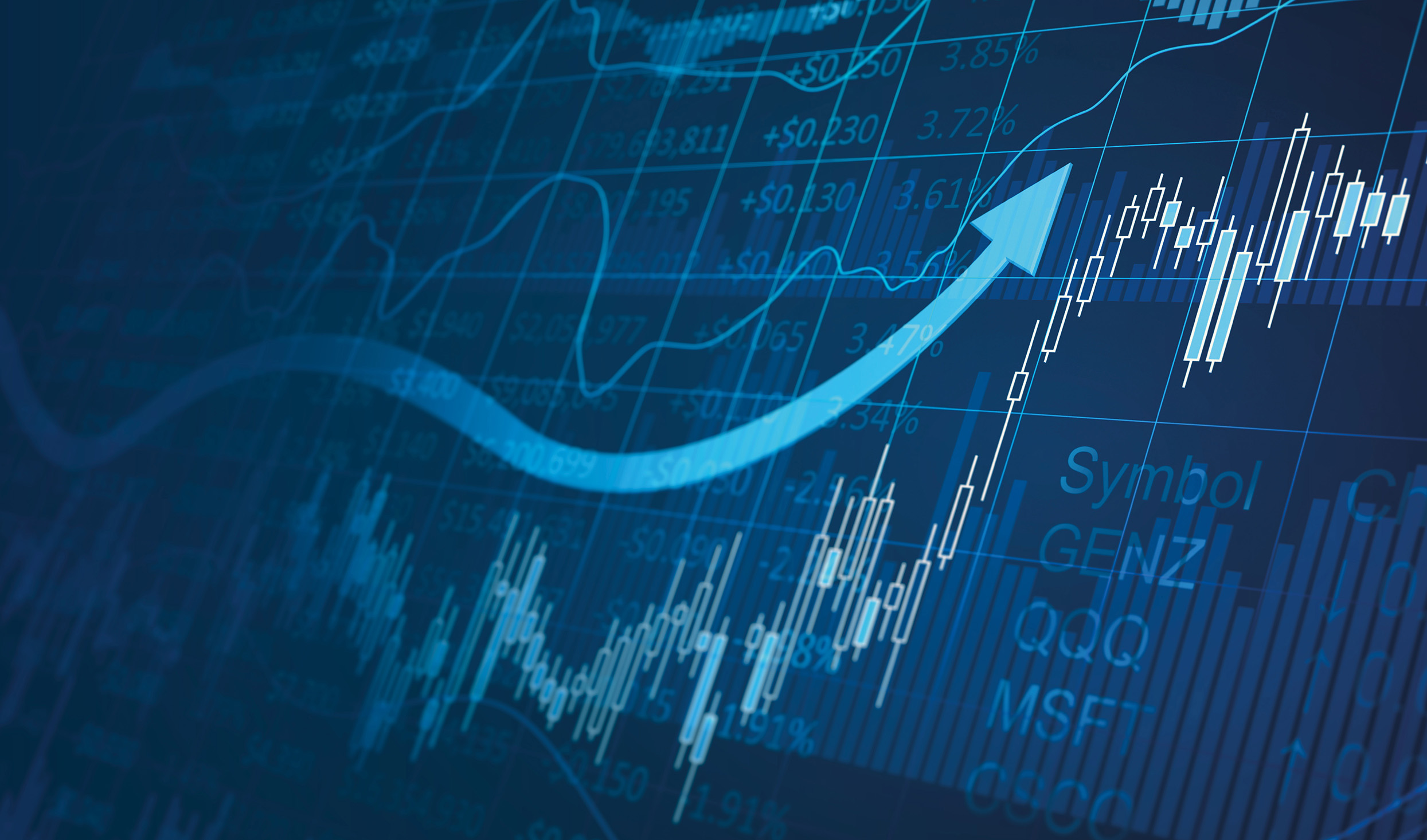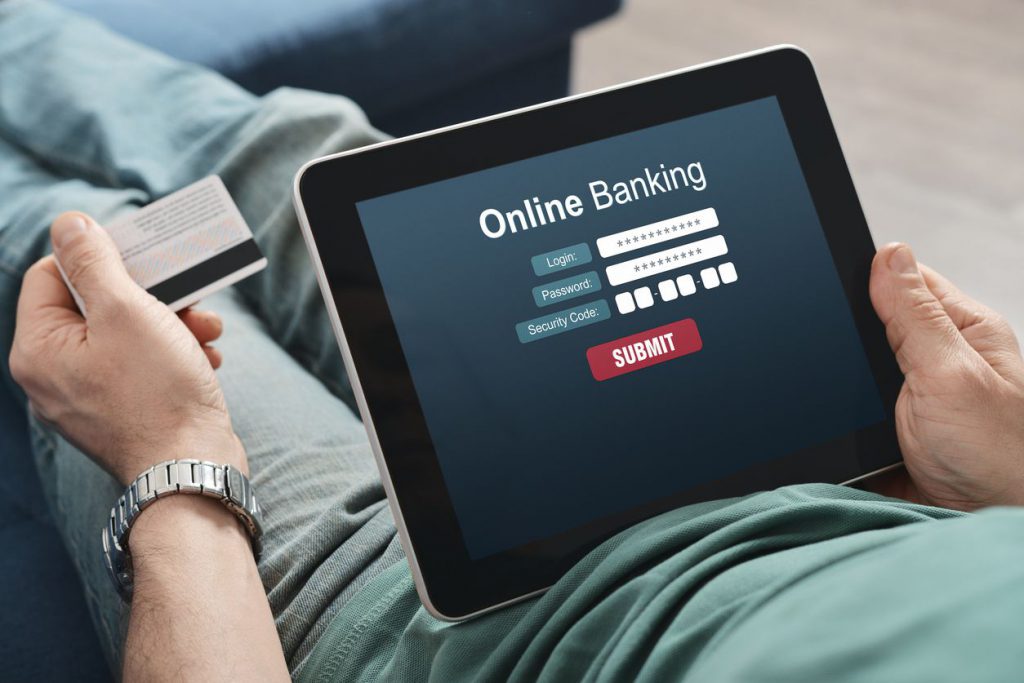HOW ONLINE BANKING INFLUENCES THE WORLD’S ECONOMY
HOW ONLINE BANKING INFLUENCES THE WORLD’S ECONOMY
Online banking has made financial transactions more convenient, and there is no denying that. If you want to send or receive money, all you need to do is access the internet using your phone or computer. The same goes for paying bills, reviewing account statements, making applications, and other such services. To businesses and individuals across the globe, online banking has been convenient.
Online banking has made financial transactions more convenient, and there is no denying that. If you want to send or receive money, all you need to do is access the internet using your phone or computer. The same goes for paying bills, reviewing account statements, making applications, and other such services. To businesses and individuals across the globe, online banking has been convenient.

At this point, two things have increased – consumption and the uptake of inventory. Where does this lead? Well, more money becomes available in the market over time. This money goes into the development of various sectors in the economy, such as real estate or gambling. More production takes place, and more items come into the market, given that the inventory has a high uptake. A company that was producing five hundred garments a week now needs to scale its production to six hundred. For this, it will require more resources. That means that other companies will benefit from this growth, and they too will increase their production. In the end, there are more employment opportunities as more gaps come up in the market.

At this point, we now have more consumption, more inventory uptake, added production, and job creation. With all this happening, people take more money home at the end of the day. This money goes into their bank accounts, whether in traditional, modern, or an integration of the two. The cycle begins again, given that they can access this money, in both equity and credit form. Thus, with online banking thriving in an economy, other sectors other than the banking industry are set to benefit.
What causes this added consumption?
Online banking allows clients to access financial resources with ease, unlike the case with traditional banking. Think about it in this way. You go to the bank, and you withdraw $200 and head to the mall. You buy some things, eat at a restaurant, and as you head out, you see an offer on a toaster. In your pocket, you have about $15 left, and the bank has closed. If you do not have access to online banking, the result would be forgoing the sale. You would then buy the item later at a higher price, or you would do away with the purchase in entirety. With online banking, all you need is to access your account from where you are. You can go into the shop, connect to the internet, and make the purchase. Both you and the merchant have confidence that the transaction will clear, and you walk away with a new toaster.
Also, there is the issue of convenience. If you do not have to visit the ATM every time you want to make a purchase, you end up spending more. Impulse buying is highly likely to take place when you have access to online banking. The same would not hold when using traditional means of banking as there are impediments. From long queues to high transaction costs to restrictive operating hours, traditional banking has its downsides. You may want something but end up not buying it owing to the hurdles in accessing your money.

Online banking also has fewer costs, and this encourages consumer spending. In the end, there is more money in circulation and various sectors of the economy benefit. This growth is evident in the increase in employment opportunities and added income.
